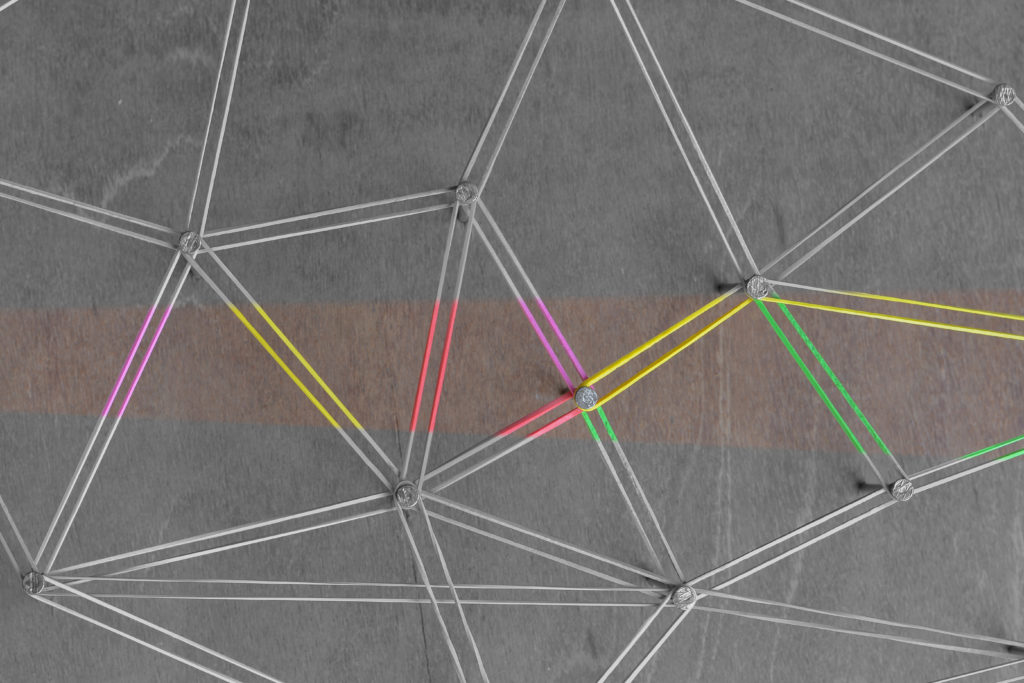By Gary Gunderson
The town was mostly long gone, the factories and downtown stores with more ghosts than workers or customers. Hard-working people with hardly any work to do. Everything struggled — the restaurants, roads, post office, clinics and churches. Disease and addiction followed the path of least resistance, shattered families and allowed despair to reach epidemic levels.
This was Zambia in 2005, but it could be Mount Airy where yet another factory recently closed. It’s time for all hands on deck, which is what this issue of the magazine describes — roles for all of us.
The World Health Organization wanted to know if the faith networks actually had any relevance to the vast health problems. Leaders of health policy in North Carolina are asking the same thing.
The answer is to focus on what we do have, not what is missing. We were in Zambia to pilot a new way of seeing the community as a place of assets, not just needs. We’ve used the same technique in Wilkes and looking out the back door of the Winston-Salem jail. Some of the same conditions show up: HIV/AIDS was the driving issue in Zambia, and it still is one of the highest cost challenges in downtown Winston-Salem.
We’ll be looking for assets all over the state of North Carolina as the fundamental architecture of the relationships between government, church, hospitals and community organizations shifts quite dramatically as $6 billion of care for the poor is invested in whole new ways.
In a tough neighborhood in Ndola, I noted a sign above a corner store: General Dealers, Shalom. Faithful folks no matter how tough the streets. That’s the answer, really — there then, and here now. What the bleeding-edge health experts call “integrated health” and “population health” driven by the “social determinants of health” are nothing more than a screaming call for the most ancient of all ideas: shalom in Hebrew, salaam in Arabic, Bophelo in Lesotho.
What heals is a tenacious blend of mercy, justice and compassion. This only comes to life on the tough streets and lives when communities of spirit train themselves to be general dealers of shalom. This is not the same as picking one or two issues to delegate to a committee of gullible do-gooders.
The challenge
This challenge is for grown-ups who do not yearn for the quick and slick answers. This is about the complex and comprehensive work of being a community of healing, of seeing the long path of becoming a fit instrument for God’s expansive love for the world God so loves.
You can see the stages of development that take years, even decades to mature and bear the fruit of mercy at community scale. You can see what has grown strong when the wind blows hard and water rises high. Last fall, that happened in Wilmington, and the community saw that it had grown the kind of strong bonds no wind could match and that would remain long after the TV cameras left.
Shalom. We’re open for healing.

